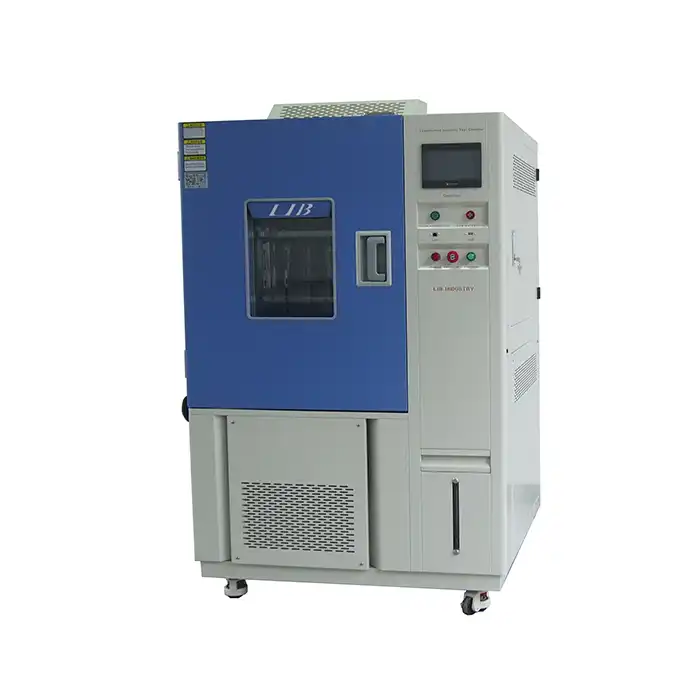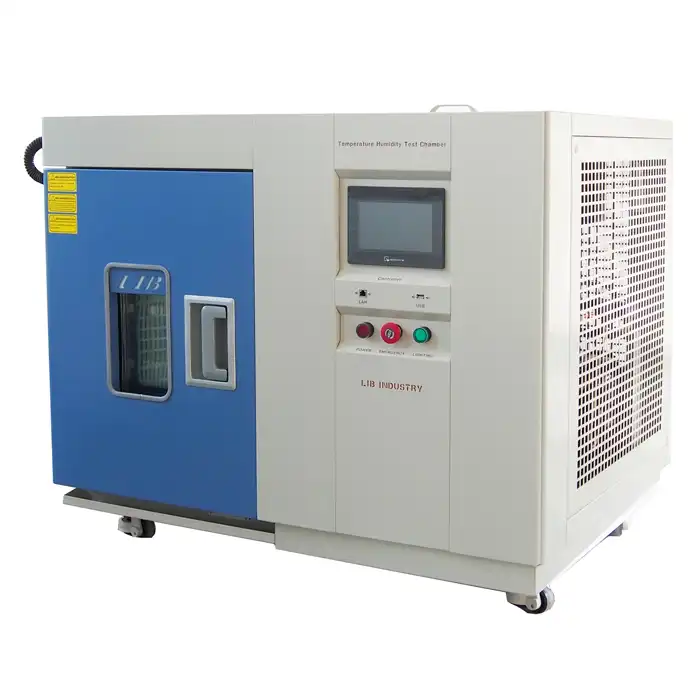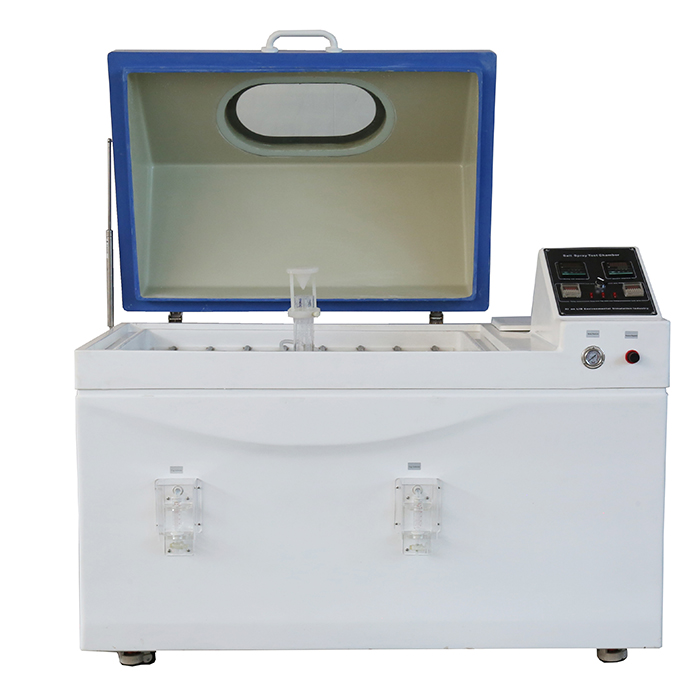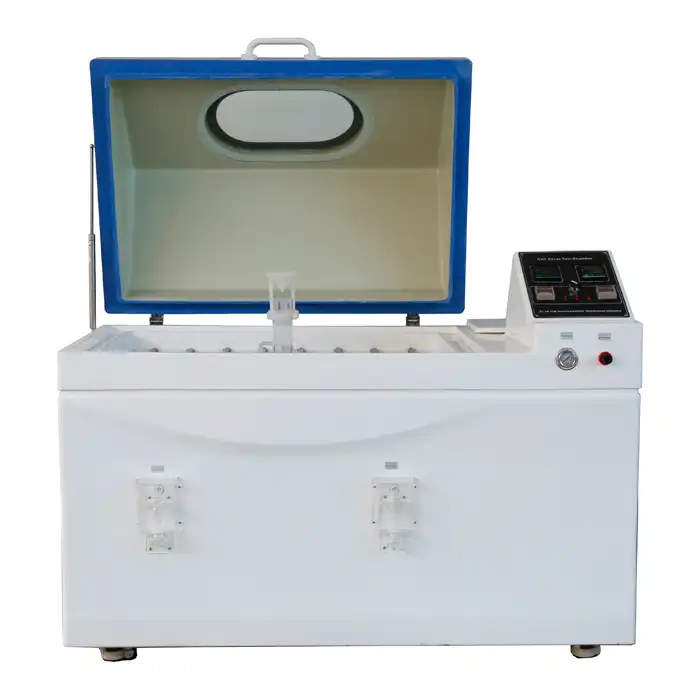Contact Us
 +8618700875368
+8618700875368
No.6 Zhangba First Street, High-Tech Area, Xi'an City, Shaanxi Province, P.R. China 710065
Why is it necessary to use a humidity chamber?
2024-02-29 16:38:44
In today's fast-paced manufacturing environment, ensuring product quality and reliability is paramount. From electronics to pharmaceuticals, maintaining optimal environmental conditions during production, testing, and development stages is crucial. One such tool that plays a pivotal role in this process is the humidity chamber.
Humidity chambers are specialized equipment designed to create controlled environments with precise levels of humidity. These chambers simulate real-world conditions, allowing manufacturers to evaluate how products perform in various humidity levels. But why is it necessary to use a humidity chamber? Let's delve into its significance in product quality control, the types of products that require its usage, and its role in the product development process.
How can a humidity chamber help product quality control?
Ensuring product quality is a top priority for manufacturers across industries. Fluctuations in humidity levels can significantly impact the performance and reliability of products. Excessive moisture can cause corrosion, mold growth, and electrical malfunctions, while low humidity levels can lead to static electricity issues and material degradation.
By subjecting products to controlled humidity conditions using a humidity chamber, manufacturers can assess their durability, functionality, and overall quality. For example, in the electronics industry, components exposed to high humidity levels can undergo accelerated aging, leading to premature failures. Testing these components in a humidity chamber allows manufacturers to identify potential weaknesses and make necessary design improvements before mass production.
Furthermore, humidity chambers enable manufacturers to comply with industry standards and regulations. Many sectors, such as aerospace, automotive, and pharmaceuticals, have stringent requirements regarding product reliability and safety. Conducting humidity testing using specialized chambers ensures that products meet these standards, reducing the risk of recalls and liabilities.
What types of products require a humidity chamber?
The need for humidity chambers spans across various industries and product categories. Some common examples include:
Electronics: Electronic components and devices are highly susceptible to moisture damage. PCBs (Printed Circuit Boards), integrated circuits, and consumer electronics undergo humidity testing to assess their resistance to environmental conditions.
Pharmaceuticals: Pharmaceuticals and medical devices must remain stable and effective throughout their shelf life. Humidity testing helps manufacturers evaluate the integrity of drug formulations, packaging materials, and storage conditions, ensuring product efficacy and patient safety.
Automotive: Automotive components, such as sensors, wiring harnesses, and interior materials, face exposure to fluctuating humidity levels. Testing these components in humidity chambers allows manufacturers to assess their performance under various climatic conditions, enhancing vehicle reliability and longevity.
Textiles: Fabrics and textiles can absorb moisture, leading to mold growth, shrinkage, and deterioration. Humidity chambers are used to evaluate the moisture resistance and durability of textiles, ensuring they meet quality standards for apparel, upholstery, and outdoor gear.
What is the role of the humidity chamber in the product development process?
In the product development process, humidity chambers serve multiple purposes:
Prototype Testing: During the prototype stage, engineers use humidity chambers to assess the performance of new designs under different humidity conditions. This early-stage testing helps identify potential design flaws and allows for iterative improvements before moving to mass production.
Material Selection: Manufacturers evaluate the suitability of materials for specific applications by subjecting them to humidity testing. This helps determine the optimal materials that offer the desired performance and longevity in varying environmental conditions.
Accelerated Aging: By exposing products to elevated humidity levels, manufacturers can accelerate the aging process and predict long-term performance. This allows for the estimation of product lifespan and the implementation of preventive measures to mitigate potential failures.
In conclusion, humidity chambers play a crucial role in product quality control and development across industries. By creating controlled environments with precise humidity levels, these chambers enable manufacturers to assess product durability, comply with industry standards, and make informed design decisions. Whether it's electronics, pharmaceuticals, automotive parts, or textiles, the use of humidity chambers ensures that products meet stringent quality requirements and deliver optimal performance to end-users.
LIB Industry concentrates on providing the Turn-key solution for environmental testing, that research, design, producing, commissioning, delivery, install and training, provide the whole products and service according to the customer's requirements. If you want to learn more about this kind of humidity chamber, welcome to contact us: info@libtestchamber.com.
Send us a message
Please Leave your Message Here! We Will Send Detail Techincal Brochure and Quotation to you!

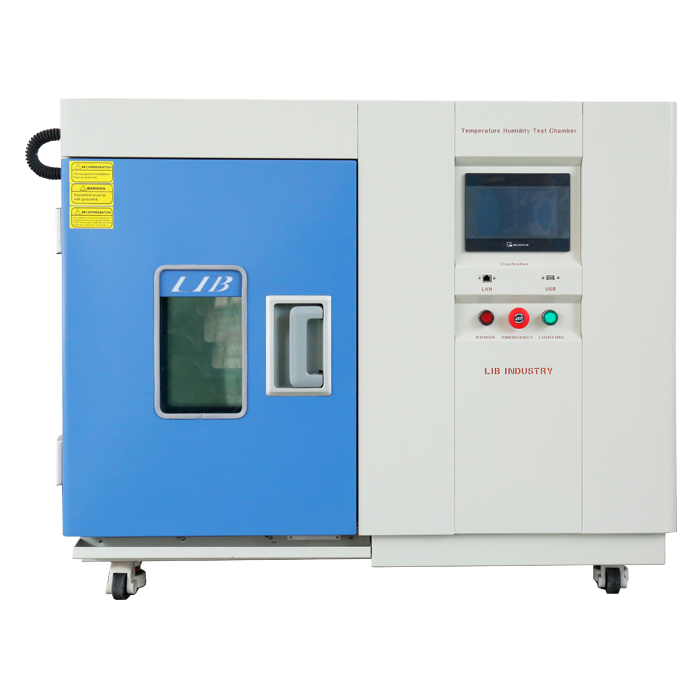
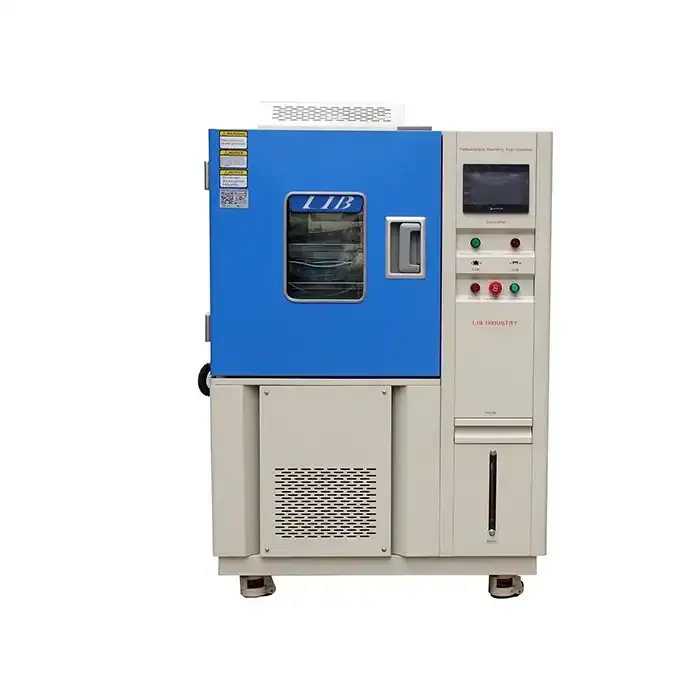
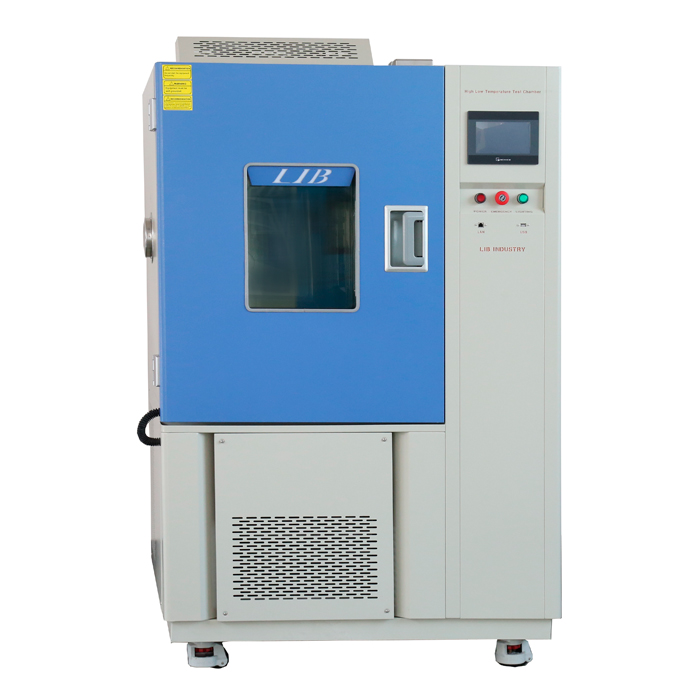
.jpg)
